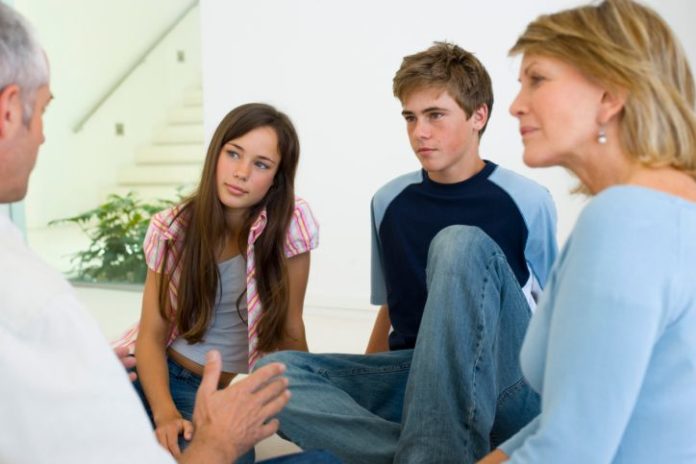Enabling kids to become active participants in disaster resilience and education programs could not only reduce their fears. It could also have a potential motivational role in mobilising wider community preparations.
That’s according to CQUniversity Professoriate Research Fellow Kevin Ronan who is helping to lead a national project which has $822,000 of funding over three years from the Bushfire and Natural Hazards Cooperative Research Centre.
For the disaster-focused work, the new national project ‘Building Best Practice in Child-Centred Disaster Risk Reduction’ will carry out research on current policy, practices and evaluation frameworks. In building on preliminary research conducted in Australia, New Zealand and other countries around the world, the project will also increase the attention that is given to children and their families’ needs in disasters.
As an initial part of the scoping and review process, Professor Ronan and a multi-national team have also just provided an invited review and recommendations submission to the United Nations Global Assessment Report on Disaster Risk Reduction, 2015 (GAR 15) focused on children’s needs in disaster contexts.
Professor Ronan says children feel less fearful “especially when they go home and talk to their parents about things that their family can do to prepare and reduce risks to their homes and community”.
Professor Ronan notes that, at the moment in Australia, we plan more for the needs of our animals than we do for our children.
“There is a growing body of research findings that have examined children’s needs before, during and after disasters,” Prof Ronan says.
“Natural disasters are one of the major fears of childhood. Many children feel unsettled when their homes are at risk of a bushfire, flood, cyclone or other event.
“We know that many areas in Australia are affected by repeated emergencies and disasters and children are at the highest level of risk for experiencing severe reactions to these events.”
Prof Ronan says that recent research, published over the past decade, has shown that children are better equipped to deal with an emergency if they have been active participants in disaster resilience and education programs.
“Our current research is designed to evaluate both aspects; the extent that education can equip children and families and the extent that children can help mobilise a community to prepare, respond and recover more effectively from some unanticipated event.
(Source: CQUniversity)










